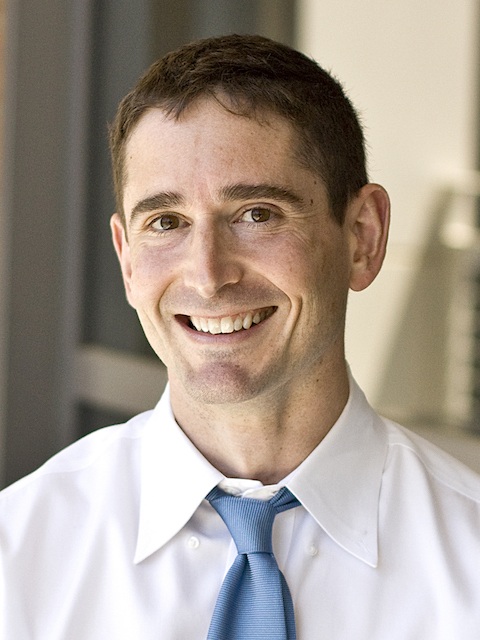I don’t know about you, but, in all of my courses, there’s at least one topic I dread teaching. In Trusts, Wills, and Estates, that dishonor goes to the rules that govern the modification and termination of trusts. For starters, judge-made law, the Restatement of Trusts, the Uniform Trust Code, and the law of California (where I teach) march to their own subtly different drumbeat. In addition, the black letter law is filled with word balloons like “material purpose” and “general charitable intent.” Every semester, I see the subject approaching on my syllabus like an angry bull.
But when that time comes next year, I’ll be armed with Jeffrey N. Pennell and Reid Kress Weisbord’s new article, Trust Alteration and the Dead Hand Paradox. This engaging and exhaustively researched piece will sharpen the reader’s understanding of trust modification and termination. In addition, it makes three contributions to the literature.
First, Pennell and Weisbord describe what they call the “dead hand paradox.” (P. 3.) Because many states have abrogated the Rule Against Perpetuities, settlors can control their property long after they die. Indeed, many of the trusts established today will last until there are so many beneficiaries that they won’t be able to fit into the Rose Bowl. Yet the more settlors try to micromanage, the less likely they are to achieve their goals. A beneficiary may suffer from an expensive illness but be ineligible for Medicaid because of mandatory trust income. A settlor might prohibit the trustee from selling stock in a company that goes the way of the dodo. To embellish an old Yiddish saying, if you want God to laugh, make an estate plan.
Second, Pennell and Weisbord show that the dead hand paradox is pushing trust law in new directions. In general, courts still bend over backwards to respect a settlor’s intent. For example, under the unforgiving Claflin doctrine, courts can only alter a trust if (1) all the beneficiaries consent and (2) the change wouldn’t violate a material purpose of the settlor. Despite the Uniform Trust Code’s attempt to relax Claflin’s grip, many judges continue to find that a spendthrift clause “is a material purpose of the contested trust.” (P. 19.) At the same time, though, the legal system is recognizing that “settlor-imposed restrictions tend to lose durability in the long run unless courts or fiduciaries are empowered to alter those restrictions.” (P. 50.) Thus, some judges are granting petitions to modify a trust to accomplish the settlor’s tax-minimization objectives. In an even more dramatic development, lawmakers are experimenting with the practice of “trust decanting,” which essentially allows certain trustees to “pour” assets into a new trust without judicial approval.
Third, Pennell and Weisbord explore the dark side of trust modification and termination. Recently, authors such as Allison Tait and Felix Chang have criticized dynastic trusts for perpetuating economic inequality. Similarly, Pennell and Weisbord explain that the law currently allows well-heeled settlors to shield assets from “taxes, greedy family members, and incompetent management.” (P. 48.) Thus, they suggest that the modification and termination doctrines should factor into the debate over trusts and entrenched privilege.
In sum, Pennell and Weisbord reveal that trust alteration rules will soon become tremendously important. As directions in perpetual trusts become increasingly obsolete, thoughtful work like theirs can help lawmakers and courts balance testamentary freedom with the brute truth that “the judgment of [a] mediocre mind” today is “incomparably preferable” to the guess two decades ago “of the greatest [genius] who ever lived.”
Editor’s Note: Reviewers choose what to review without input from Section Editors. Jotwell Trusts and Estates Section Editor, Reid Weisbord, had no role in the editing of this article.









The settlor may name themselves the trustee to continue making changes to their revocable living trust, also known as an inter-vivos trust, while they are still alive. They will also need to name successor trustees in the event of their death, and may decide to name more than one person as a co-trustees.